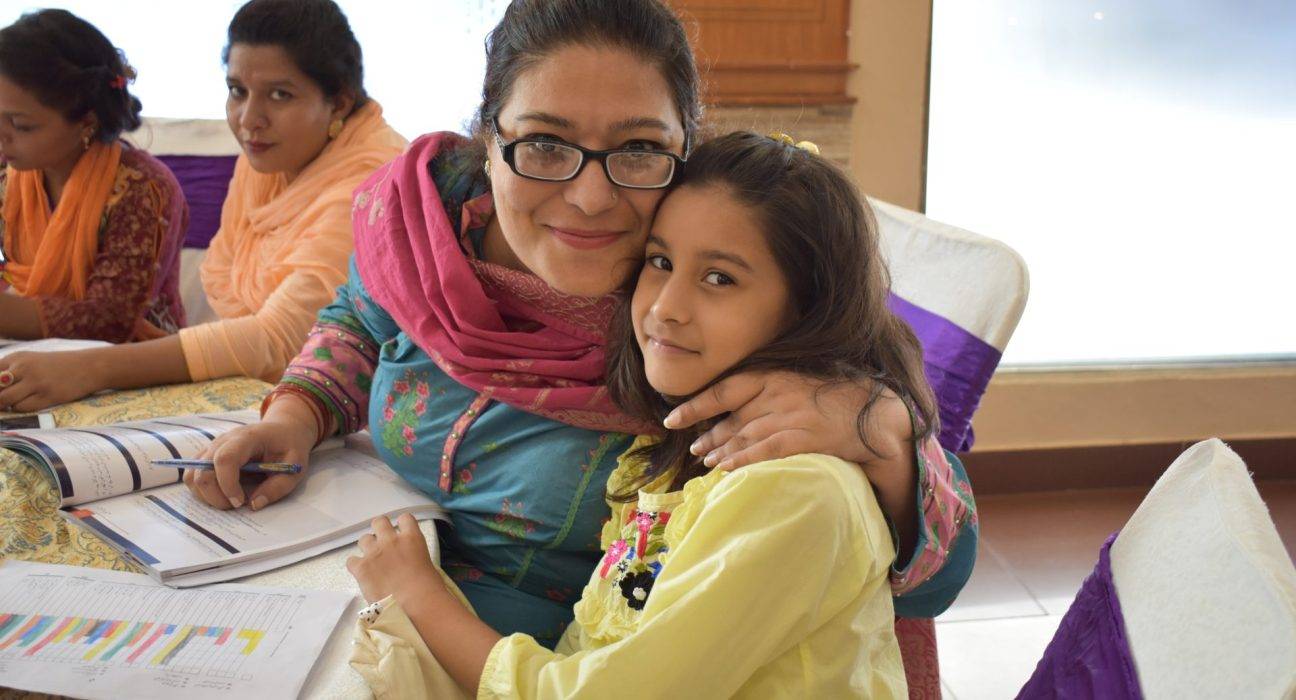In a decisive move toward inclusive and equitable education, the School Education Department (SED) Punjab has mandated that all private schools across the province provide free education to 10% of their students, with a focus on underprivileged children, low-income families, and students with special needs.
The directive, issued just ahead of the new academic session, marks a renewed enforcement of the Private Schools Ordinance 2014. Education officers have been tasked with monitoring schools for compliance, while institutions are required to submit detailed lists of their selected beneficiaries by August 31, following the summer break.
Punjab Education Minister Rana Sikandar Hayat has taken a hard line, warning that strict action will be taken against schools that fail to implement the policy. “This is not a suggestion. It’s a legal and moral obligation,” he said, emphasizing the government’s commitment to reducing educational inequality.
In a related development, the minister also announced the establishment of Punjab’s first autism-specific schools, calling it a “historic step” towards specialized support for children with developmental challenges.
While the initiative has been widely praised for its intent to bridge long-standing educational gaps, private school operators are raising concerns. Many argue that without financial compensation or incentives, the burden of free education could strain already tight budgets and compromise the quality of instruction for all students.
Education activists, however, point out that many private schools—especially in urban centers—operate with significant profits and can afford to absorb the cost if transparency and fairness are ensured.
Related: Punjab Minister Puts Underperforming Teachers on Notice
The government’s renewed focus on social responsibility in education is both timely and commendable. Yet, for the policy to succeed, it must balance enforcement with support, ensuring that private institutions are not just penalized but also equipped to deliver on the promise of truly inclusive learning.



